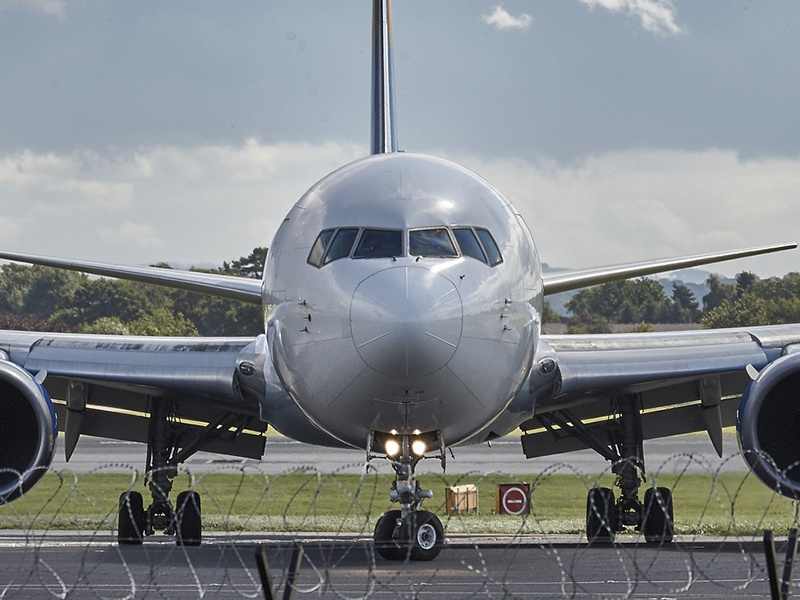


People aspiring to be in the aviation industry can work for different sectors of society, be it private or the government. They may want to be pilots for commercial or business aviation. However, what do these terms mean? What are their differences? Their similarities?
For International Business Aviation Council (IBAC), business aviation is the sector that deals with the “operation or use of aircraft by companies for the carriage of passengers or goods as an aid to the conduct of their business, flown for purposes generally considered not for public hire and piloted by individuals having, at the minimum, a valid commercial pilot license with an instrument rating.” IBAC classified business aviation into four divisions: corporate, owner operated, fractional ownership, and commercial.
Commercial aviation, on the other hand, is the transportation of passengers or cargo for hire. Commercial airlines such as Philippine Airlines and Cebu Pacific are part of the commercial aviation sector. Aircrafts used for commercial aviation may be an airliner, corporate jet, or helicopter. Commercial pilots need to study and get a certification from the Civil Aviation Authority of the Philippines (CAAP).
Business and commercial aviation offers a lot of opportunities for pilots, technicians, and everyone who wants to work for aviation. But which sector offers more?
According to Boeing’s 2015 Pilot and Technician Outlook, in the next 20 years, the number of pilots in demand for the Asia Pacific region will reach up to 260,000. On the other hand, demand for technical personnel is also huge in Asia, reaching up to 238,000. These numbers are due to the expansion of airlines and commercial aviation that is adjusting to the growing economic demand.
And because business aviation encompasses four sectors, including commercial aviation, it opens more job opportunities to people. Some corporations and businesses hire full-time pilots and technicians as employees for the development and growth of their own businesses. Pilots and technicians hired privately fly executives and other employees, transport cargo and other goods, as well as maintain company aircrafts.
Despite their differences, the essence of aviation stays the same: to transport passengers and goods effectively and safely. With this, both aviation sectors are in need of excellent pilots an technicians in its arsenal to get the job done. Excellent pilots, however, are made through proper education and rigorous training.
WCC Aviation offers training courses for both business and commercial pilots, so wherever you want to be, you can find your place. WCC is a certified aviation school by CAAP with state-of-the-art facilities and excellent flight instructors. For more information, visit wccaviation.com.
The information contained in this website is for general information purposes only.
While WCC Aviation Company endeavors to keep the information up to date and correct, we make no representations or warranties of any kind, express or implied, about the completeness, accuracy, reliability, suitability or availability with respect to information published in this website.
Click here to read the Privacy Statement in full